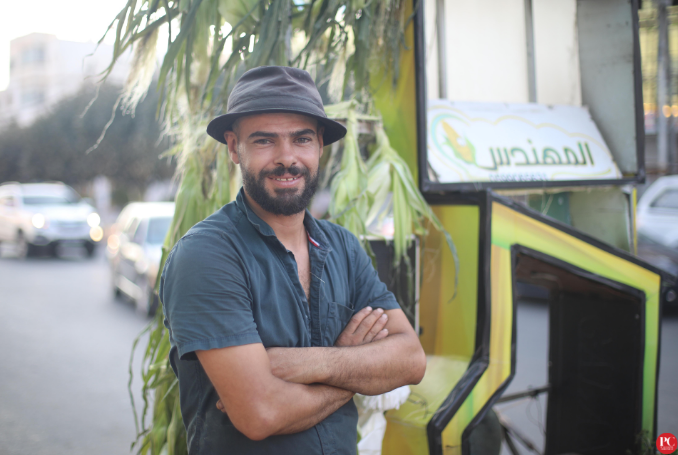
Hamdi Lubbad, 28, may appear to be a typical Gaza vendor. His specialty is corn on the cob and coffee, an odd combination, not just in Gaza but anywhere else.
But like many others in this field, young and old Palestinians merely trying to survive, Lubbad has a computer engineering degree, and several diplomas. With the unemployment in Gaza reaching nearly 50%, thanks to Israel’s blockade and war, and to the COVID-19 pandemic, Lubbad had to resort to the street.
Once upon a time, Lubbad had a successful computer shop in Gaza City. He was so good at his work, repairing and selling computers, that his clients dubbed him ‘Al-Muhandis – the Engineer’. Lubbad is so proud of this title to the extent that he dubbed his corn business Al-Muhandis.
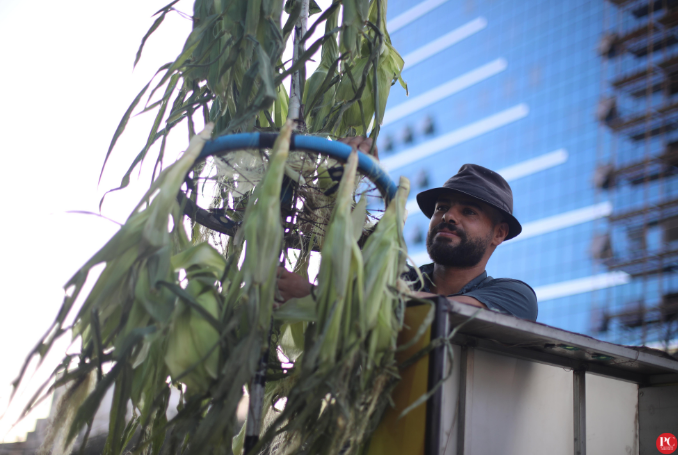
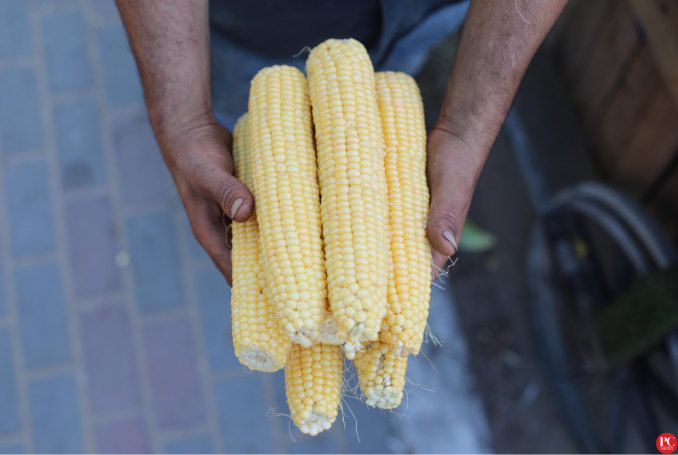
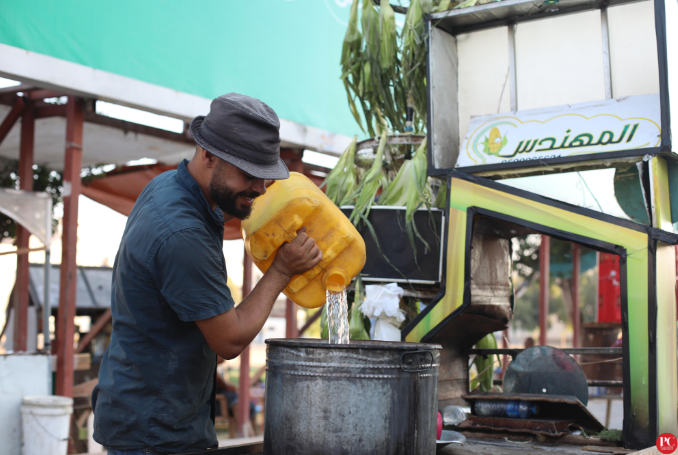
Gaza has been under a hermetic Israeli siege for 13 years, that are interrupted by major wars and routine bombardments. Consequently, Gaza is left with no economy to speak of.
For Lubbad, an entire day of work merely generates ten shekels, approximately $3. This meager income is supposed to help provide for a family of ten, whose fate is entirely dependent on whether Al-Muhandis manages to sell enough corn on any given day.
“Following the 2014 Israeli war, I was forced to close down my shop and I stayed home,” Lubbad told The Palestine Chronicle. Desperate for the lack of alternatives, Lubbad started a little corn stand next to his house.
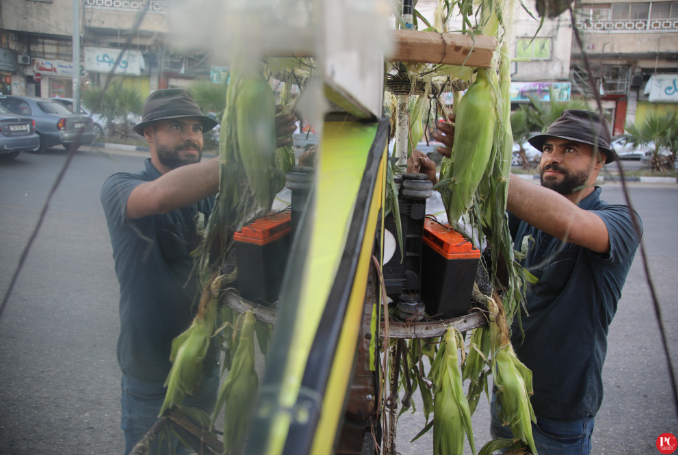
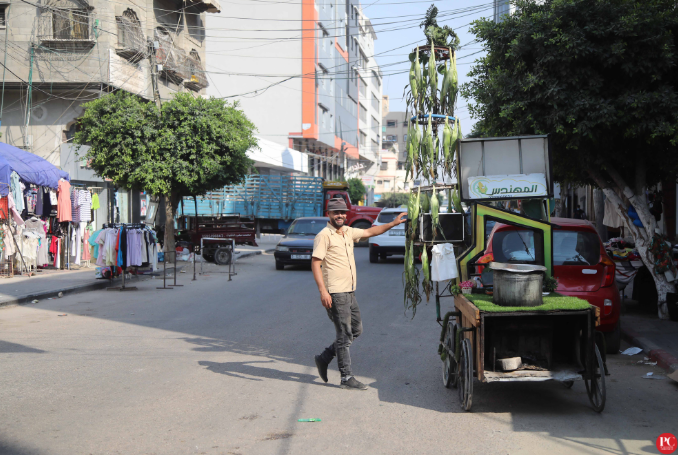
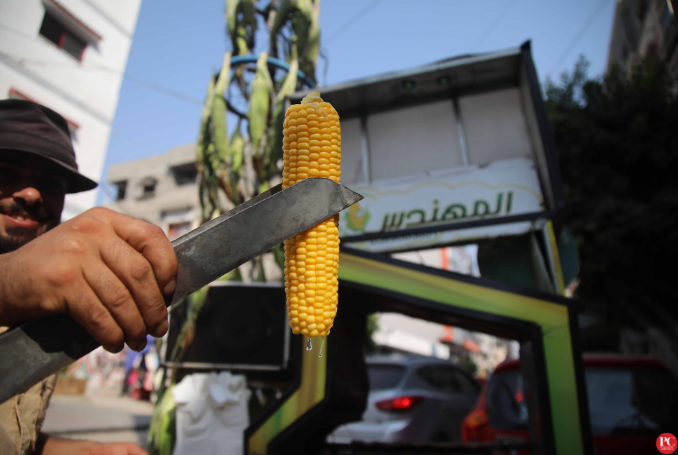
“The (Gaza) municipality began chasing after me, ordering me to remove my corn stands from one corner to the next. Eventually, I decided to obtain a cart and travel with my corn to avoid the harassment of municipality workers,” he added.
On why he chose corn in particular, the ‘Engineer’ has his own unique logic. “I sell corn for two main reasons, first, because I sold corn as a child before I became an engineer, and second, because corn is beautiful and it allows me to turn my cart into a work of art. It’s pleasing to the eyes.”
“As Palestinian graduates who have no jobs, due to the prolonged stagnation of the economy, we are forced to find whatever means of survival to provide for our families,” Lubbad said, adding, “We would do anything so that we do not seek charity, as one’s dignity and self-respect matter more than anything else in this life.”
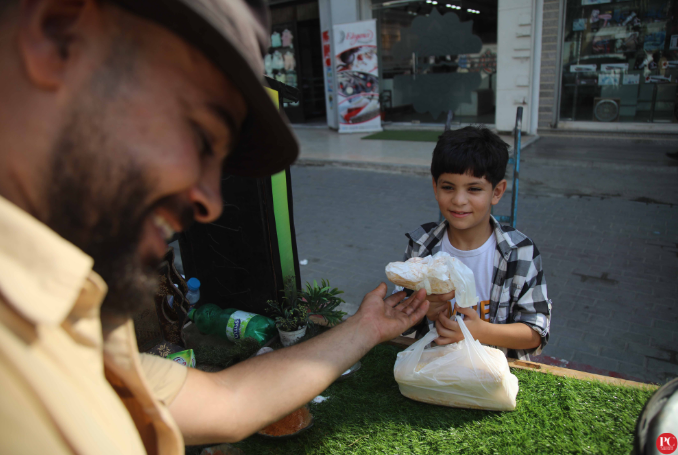
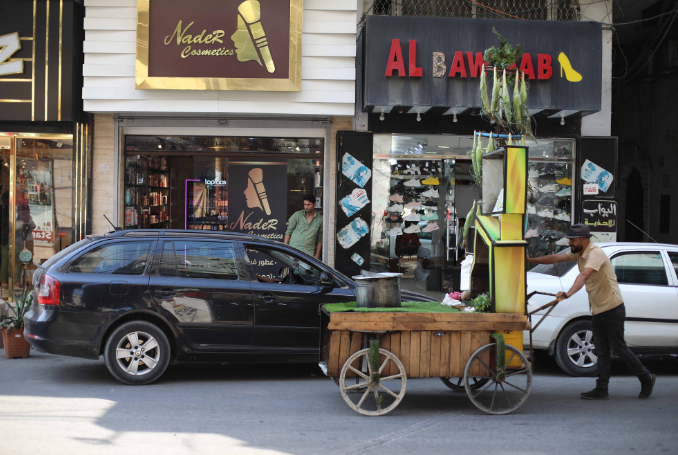
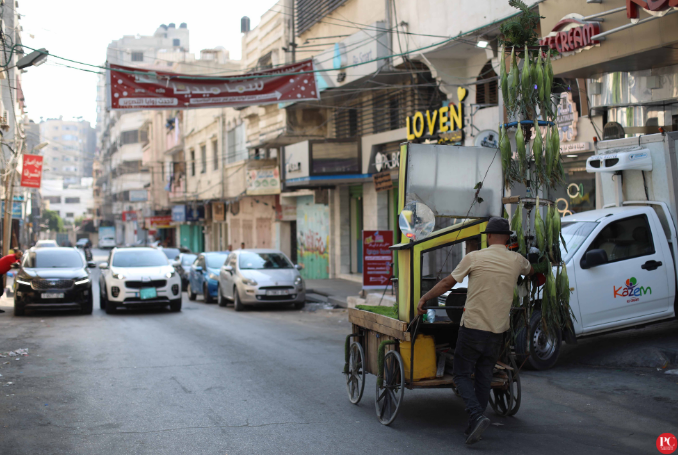
Lubbad told The Palestine Chronicle that the key to success in business is to always offer something new to customers. In his case, he makes his own spices, which he adds to the corn to give it an extra flavor.
As for his delicious Arabic coffee, which The Palestine Chronicle correspondent tasted and verified its superior quality, Lubbad said he gives the coffee for free, not to market his corn but to “earn the love of the people”.
“I like to be hospitable. I give free cold water and coffee to my customers and I talk to them. It helps. We need each other to survive this difficult life.”
(All Photos: Mahmoud Ajjour, The Palestine Chronicle)



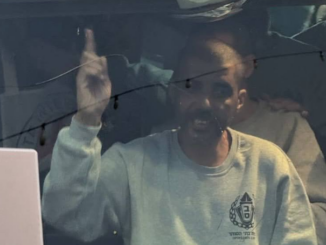
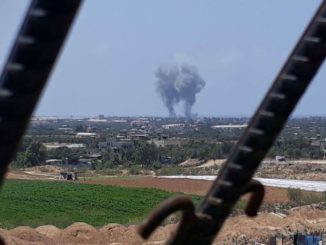




The terrorizing of the Palestinians by Zionistic demons is belied by the smile on this man’s face. By his outward appearance, a return to a safer-than-perpetual-war existence, in his lifetime, seems an inevitability.
At the very minimum, he should raise his prices, or charge something for his coffee, since its preparation is unlikely to be cost-free. A mere “three dollars” a day, for a family of ten, is a travesty, and ample evidence for a call for B-D-S,
BOYCOTTING, DIVESTING, AND SANCTIONING
Israel.